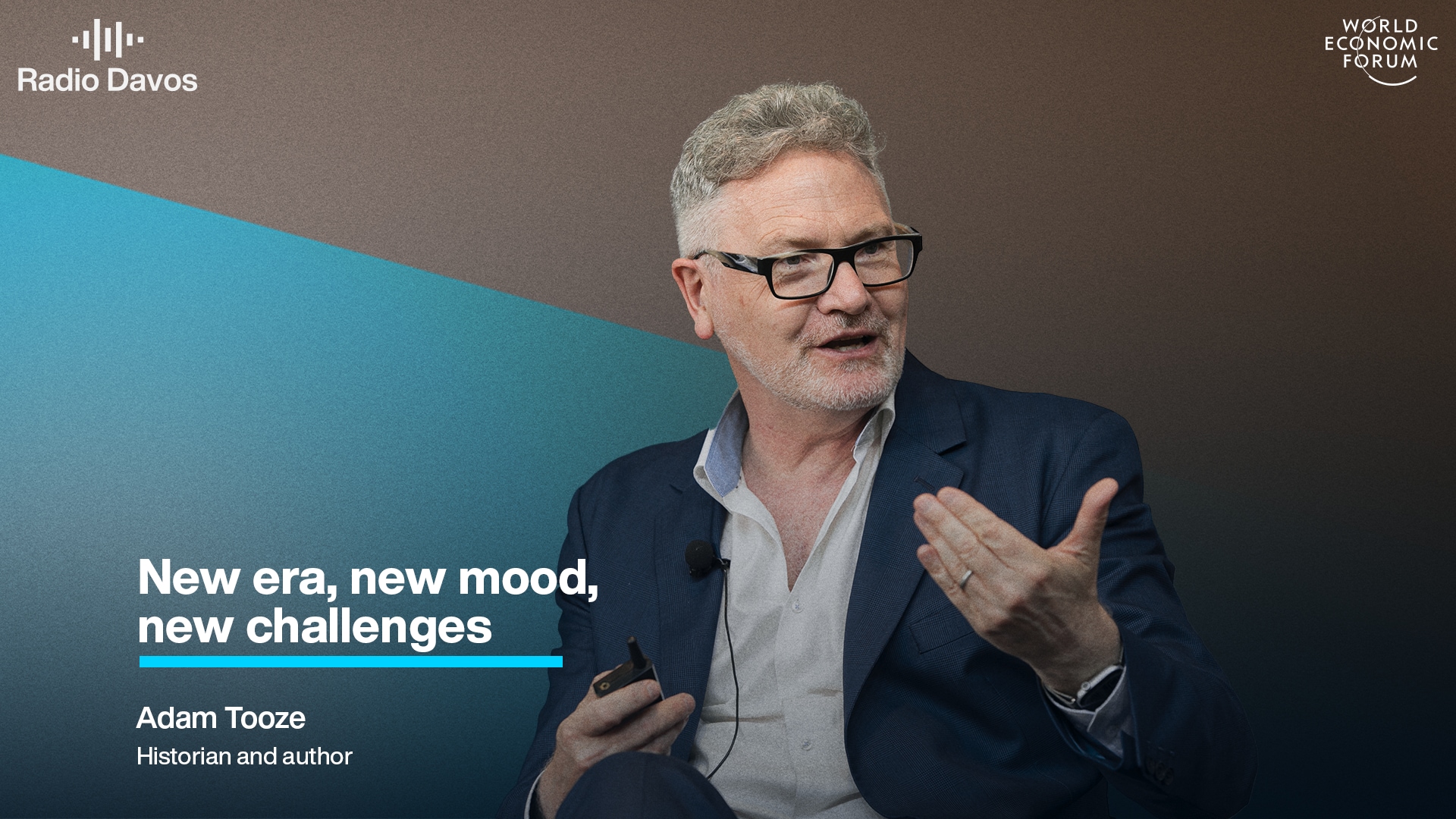Iran deal victory, a new human ancestor, and walking the underground
Stay up to date:
Nuclear Security
The daily briefing “FirstFT” from the Financial Times.
The US Senate on Thursday blocked a resolution to reject the nuclear agreement with Iran, all but ending a bitter political debate that has convulsed Washington, and allowing President Barack Obama to implement the deal.
The nuclear deal, which was reached in Vienna in July after years of talks that also involved the UK, France, Germany, Russia and China, is the centrepiece of Mr Obama’s second-term foreign policy agenda. Here is what will happen next. (FT, NYT)
In the news
Isis making chemical weapons US officials believe the militant group has a dedicated cell for building such weapons after identifying at least four occasions when it used mustard agents on both sides of the Iraq-Syria border. (BBC)
Najib probe spreads to Hong Kong Police in the Chinese territory are investigating a series of deposits allegedly linked to Malaysian prime minister Najib Razak as a scandal surrounding claims of misappropriation from a state development fund continues to grow. (FT)
A new human ancestor In the depths of a South African cave, palaeontologists have found a burial chamber full of bones of primitive humans previously unknown to science. The remarkable discovery of Homo naledi reveals a species that displays an extraordinary mosaic of primitive and modern features. (FT)
US sets sights on white collars After years of criticism that it has coddled Wall Street bankers, the US justice department issued new policies that prioritise the prosecution of individual employees. The move marks an effort to address the so-called “too big to jail” phenomenon, in which prosecutors cut deals with, say, a big bank that pays billions but keeps the feds from going after executives. (NYT)
Digital pills: the future is now US regulators have accepted an application for the first “digital pill”, a smart medicine that will tell doctors when their patients have taken them. (FT)
It’s a big day for
Singapore, which heads to the polls in what some observers have suggested is the most important election since independence. The yawning wealth gap is a key point of contention, with the city-state among the most unequal of developed nations. Here are five other issues looming in voters’ minds. (FT)
Food for thought
Walk the underground to work If taking the Tube isn’t your thing, try this for size. In an ideas competition for “hypothetical but realistic proposals to make London a better place,” an architect firm has suggested replacing the city’s underground trains with moving walkways. (Wired)
Tesla: Time to accelerate As the electric car manufacturer prepares to release the Model X, critics say it has not evolved quickly enough from tech start-up to carmaker. (FT)
Life on the outside Eight exonerated prisoners explain how it feels to get out of prison after serving decades for crimes they didn’t commit. (NYMag)
Elon Musk wants to nuke Mars Not as part of some interplanetary war but rather an attempt to “terraform it” and make it liveable for future generations of humans. (MSNBC)
Living the Chinese dream Three Chinese billionaires tell their extraordinary rags-to-riches stories. But is the dream over for the next generation? (FT)
Video of the day
Brazil’s downgrade As world stock markets continue to wobble ahead of the Federal Reserve’s decision on interest rates next week, John Authers looks at the worrying trend for Brazil’s credit. (FT)
This article is published in collaboration with FirstFT. Publication does not imply endorsement of views by the World Economic Forum.
To keep up with the Agenda subscribe to our weekly newsletter.
Author: FirstFT is the Financial Times’ editors curated free daily email of the top global stories from the FT and the best of the rest of the web.
Image: Valves are seen inside a decommissioned nuclear power station. REUTERS/Thomas Peter.
Don't miss any update on this topic
Create a free account and access your personalized content collection with our latest publications and analyses.
License and Republishing
World Economic Forum articles may be republished in accordance with the Creative Commons Attribution-NonCommercial-NoDerivatives 4.0 International Public License, and in accordance with our Terms of Use.
The views expressed in this article are those of the author alone and not the World Economic Forum.
Forum Stories newsletter
Bringing you weekly curated insights and analysis on the global issues that matter.
More on Geo-Economics and PoliticsSee all
Matt Watters
July 29, 2025
Valeriya Ionan
July 28, 2025
Michael Wang
July 28, 2025
Mark Esposito
July 24, 2025
Aengus Collins
July 15, 2025





